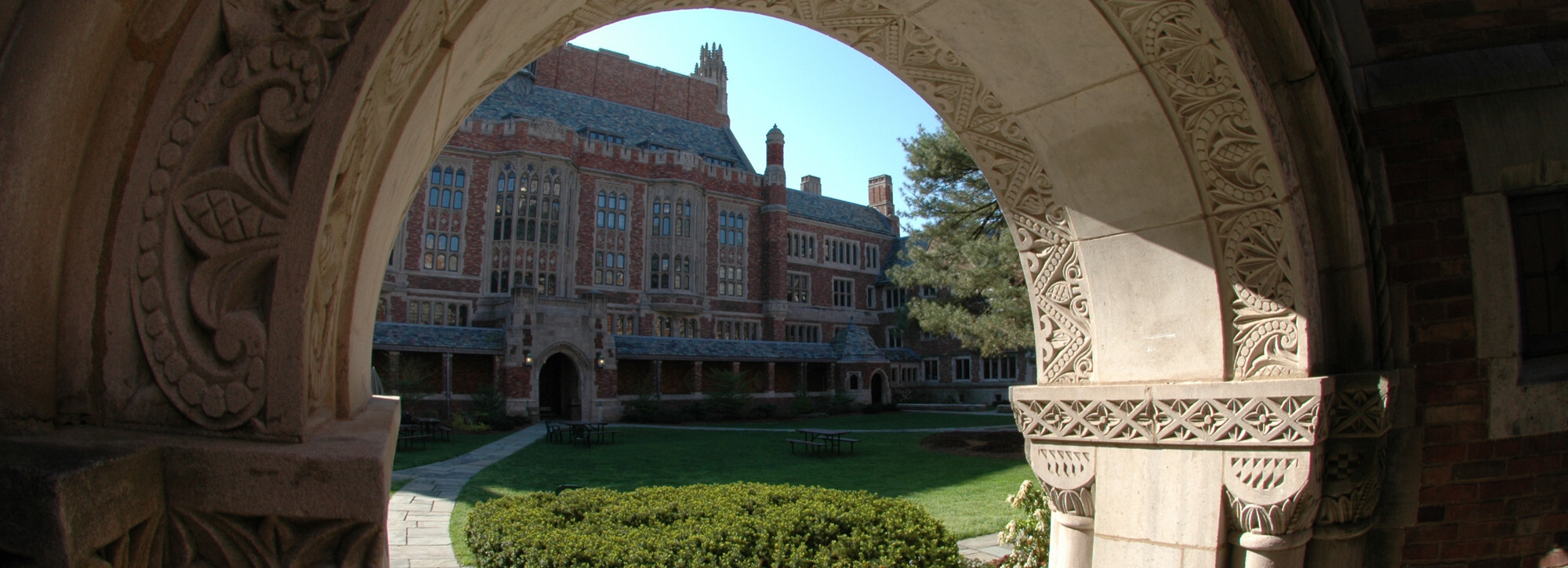Government
Within the government there are many legal opportunities on the federal, state, and local level, in many different settings. The federal government employs attorneys in the Department of Justice, executive branch agencies (such as the Environmental Protection Agency), and in the legislature. These attorneys may work in lawyering or advisory roles. Similar to the federal government, states hire attorneys to work in their attorney generals’ offices, agencies, and legislatures. On the local level, there are the District Attorney’s offices, also known as State Attorney’s offices or County Attorney’s offices. There may also be municipal legal departments, such as the New York City Law Department, with city attorneys who represent the city in litigation and provide legal advice to city leaders. In addition, attorneys may work for various city agencies.
Public Interest Groups
Attorneys can work in many different public interest environments on a broad range of substantive issues including AIDS, arts, children’s rights, civil rights/civil liberties, consumer, death penalty/prisoner’s rights, disability, economic development, education, elderly, employment/union side labor, environmental, family, First Amendment, gay/lesbian/bisexual/transgender rights, health, homelessness/housing, human rights, immigrants/refugees, international human rights, migrant/farmworker, multicultural rights, Native American, poverty, and women’s rights.
Different types of public interest organizations address these areas in a variety of ways. There are impact litigation groups that are devoted to achieving widespread legal and social change, legal services organizations that provide direct assistance to clients, public defenders that provide criminal defense to individuals who cannot afford counsel, policy centers, community development groups, and international public interest organizations.
It may be helpful for alumni to take a look at PSJD and Idealist, both of which house databases of public interest organizations, along with descriptions of these organizations’ work and missions and descriptions of jobs, internships, and fellowships currently available at these organizations.
Public Interest Work by Law Firms
Many private firms provide opportunities to practice public service law through pro bono programs. These programs may allow, or require, attorneys to do a certain number of hours of court-appointed work or to collaborate on cases with a local or national public interest organization. The formats of these programs differ widely, as do the levels of commitment and organization on the part of the firm.
A public interest law firm is a private, for-profit association of lawyers, like any other private law firm. Public interest law firms are distinguished from other private firms in that their primary mission is to assist underrepresented people or causes, rather than to make money. This difference in mission creates a difference in billing practices and client selection. Clients may be chosen because of their need for the firm’s services, and the cause their claim relates to, regardless of their ability to pay. Because their typical areas of practice—plaintiffs’ employment discrimination, civil rights, criminal defense, environmental law, and disability rights—are often not profitable, the firms may also take on other types of matters to pay the bills.
Public Interest Fellowships
Fellowships serve as a gateway for public interest jobs and are intended to fulfill a specific purpose and provide a specified sum. Often fellowships are awarded after law school graduation for a fixed time period, usually one or two years; however fellowships may also offer alumni the opportunity to transition into public interest from private sector, or to fund a particular project.
Suggested Resources
For a more in-depth discussion of popular public interest fellowships available to alumni, please visit the YLS Public Interest Fellowships page.
Public Interest Careers
International Public Interest Law
Criminal Prosecution
Working on Capitol Hill
Environmental Law
Public Interest Fellowships Vol. 1
Public interest Fellowships Vol. 2 – YLS version
PSJD
Idealist
NALP Video: Destination Public Interest: Landing the Ideal Public Interest Job
